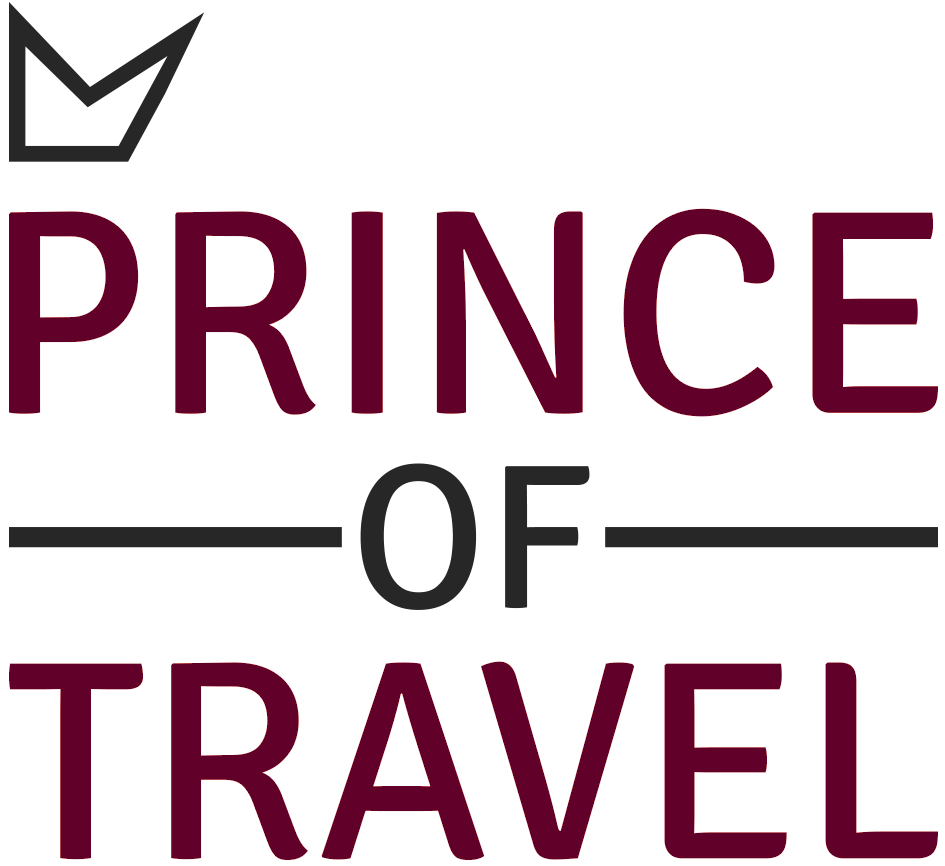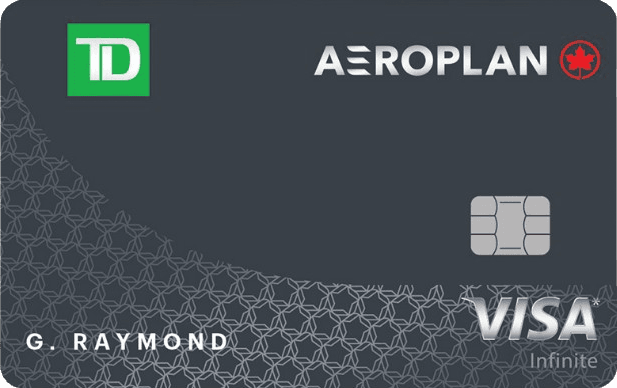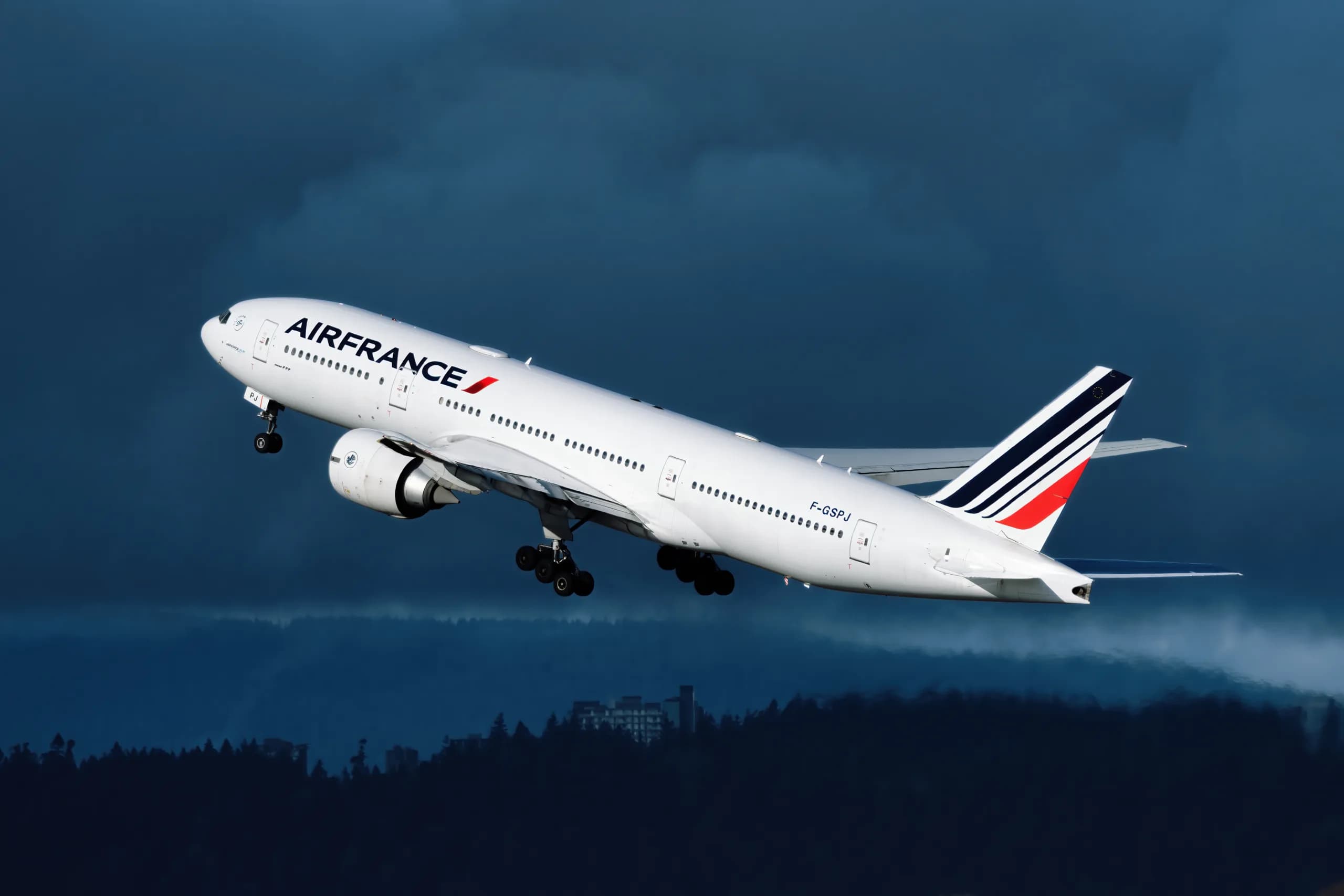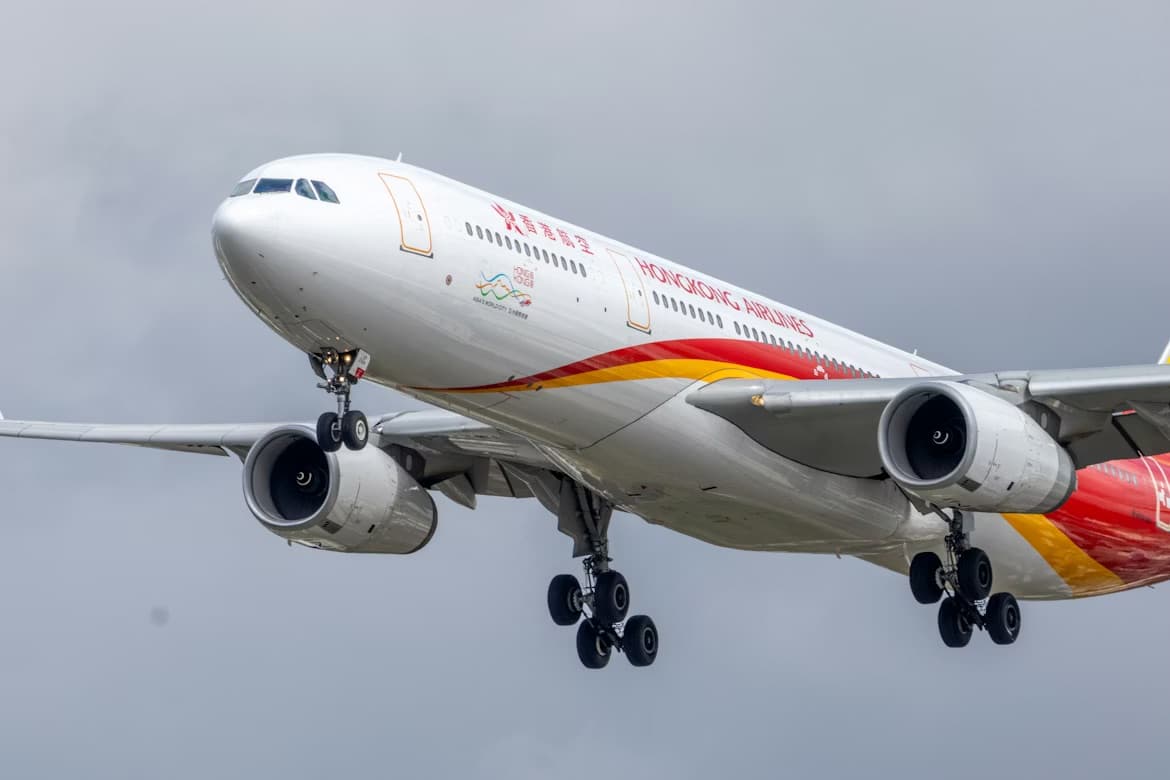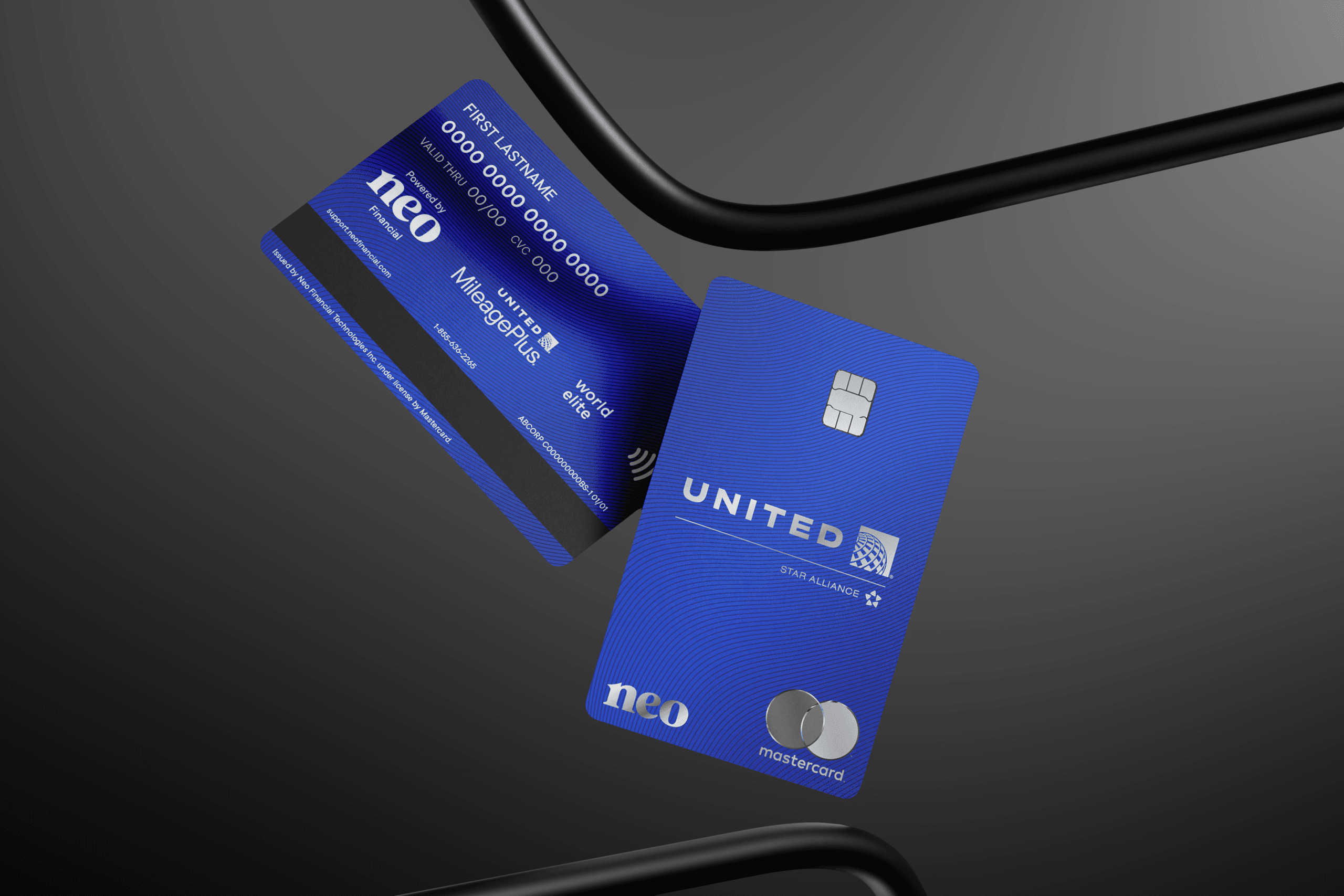Air Canada Gets Government Financing, Will Issue Refunds for Cancelled Flights

Air Canada and the Government of Canada have reached a financial support agreement, providing our national airline with $5.9 billion in debt and equity financing.
The deal rests on a few key commitments by Air Canada – including the provision of full refunds to customers who had their travel plans affected since the start of the pandemic – and represents a major boost towards the recovery of Canadian aviation and travel.
Ottawa’s Financial Support for Air Canada
As per the press release, the financial package agreed upon between Air Canada and Ottawa includes both debt and equity components:
- $500 million in Air Canada shares at a price of $23.1793 per share
- $1.5 billion in the form of a secured revolving credit facility at a 1.5% premium to the Canadian Dollar Offered Rate (CDOR), secured by the assets of Aeroplan, Air Canada’s loyalty program
- $2.475 billion in the form of three unsecured non-revolving credit facilities of $825 million each with, at premiums of 1.75%, 6.5%, and 8.5% to the CDOR
- 14,576,564 Air Canada warrants exercisable for the purchase of an equal number of Air Canada shares, subject to customary adjustments, at a price of $27.2698 per share during a 10-year term
- Up to approximately $1.4 billion in the form of an unsecured credit facility tranche to support customer refunds of non-refundable tickets, with a seven-year term and an annual interest rate of 1.211%
Air Canada’s commitments in exchange for the financial package include the following:
- Offering the option of a full refund to the original form of payment for eligible customers who purchased non-refundable fares but did not travel due to the COVID-19 pandemic
- Resuming service for nearly all regional communities where service was suspended because of the COVID-19 pandemic
- Maintaining employment at levels which are no lower than those at April 1, 2021
- Completing its orders of 33 Airbus A220 aircraft (manufactured in Quebec) and 40 Boeing 737 Max aircraft
- Restricting certain expenditures, and restricting dividends, share buybacks and senior executive compensation
There are a couple of interesting things to note here, so let’s walk through the major components of the deal one-by-one.
Equity Financing
As an Air Canada shareholder, I’m bound to be mildly disappointed in the near term as my shares are diluted by the government’s $500 million equity purchase, as well as the rights for a further purchase of up to $397.5 million in the form of warrants. Indeed, Air Canada’s share price has already experienced a sharp drop as of this morning.
However, I’d certainly expect the overall financing deal goes a long way towards boosting Air Canada’s share price back to pre-pandemic levels.
Not only would that be the ideal scenario for Air Canada and its shareholders, but the government would also greatly benefit from a revitalized national airline that has restored comprehensive service across the country.
As noted by Nick from Distant Points, there are significant political components to the conditions of the deal as well, with the subsidy of Quebec-based jobs (in the form of both Air Canada maintaining its employment levels and completing its orders of Mirabel-manufactured Airbus A220s) a timely play in advance of the 2022 provincial elections.
Aeroplan as Collateral
It has been well-documented that the Aeroplan loyalty program was much more profitable for Air Canada than actual flight services throughout large portions of the pandemic.
(Just think back to the inaugural Buy Miles promotion last spring, when 5.5 billion miles were sold to Aeroplan members for a cool eight-figure sum in about a week’s time.)

It’s no surprise to see this highly-prized asset being used as collateral towards the first tranche of debt financing under this deal. Unless we witness further troubles to the aviation industry due to totally unforeseen circumstances, Air Canada should have no trouble meeting the repayment terms of this Aeroplan-secured portion of the loan.
While I don’t expect any changes to Aeroplan due to its role as collateral, the other question is whether we should expect any changes to the overall direction of the Aeroplan program now that Air Canada’s financial future is seemingly more secure.
Personally, I can only expect the upward momentum we’ve seen from Aeroplan thus far to continue along that trend, if not even accelerating that progress. Who knows, perhaps some of the $5.9 billion in financing could even help Aeroplan finally ensure that our eStore points post on a timely basis.
(It does make me wonder, though – what would a government-seized Aeroplan loyalty program look like? A severe devaluations all around, or perhaps an easily exploitable program full of loopholes? I mean, if you thought the current Amadeus-based flight search engine was in need of improvement, imagine the Government of Canada and Amadeus trying to talk to each other…)
Refunds on Cancelled Flights
Finally, and most significantly, the last $1.4 billion chunk of debt is intended to support the provision of refunds for cancelled flights, in lieu of the travel vouchers or replacement Aeroplan points that Air Canada has been offering affected customers thus far. Air Canada can draw from this credit facility to process customer refunds at an annual interest rate of 1.211%.
Air Canada has already launched a mini-site dedicated to processing customer refunds.

With the government’s backing, Air Canada’s refund policy is exceedingly generous; not only does it cover flights that were cancelled by the airline (under which Air Canada is legally obligated to provide refunds), but also:
- Flights within the eligible booking period that were cancelled by the customer themselves
- Flights for which refunds had been previously denied
- Flights for which a travel credit, Air Canada Travel Voucher, or Aeroplan points refund with a 65% bonus had already been processed
- Air Canada Vacations packages
- Flights booked with travel agencies that are no longer in business

Customers can use a simple online form to request a refund for their affected flights. Even if they had already previously received a travel credit, Air Canada Travel Voucher, or Aeroplan points refund with a 65% bonus, they can now renege on that option and get the full refund that they were originally due.

In many ways, Air Canada is going above and beyond with its generous refund policy.
Air Canada could’ve taken the position that customers who had cancelled flights out of their own volition aren’t necessarily due a full refund under the law, but instead, they’re doing the right thing by offering a full refund to these customers (who cancelled their trips due to a government advisory against all travel).
At the same time, in a designated loan for refunds with a much lower interest rate than the other debt financing portions, we’re seeing confirmation of what we had always suspected: Air Canada was never in a position where they couldn’t do the right thing and offer customers refunds on cancelled flights; the airline simply knew that it could sit pretty and wait for a favourable government package to support its liquidity in doing so.
Enough ink has been spilled on the bad behaviour of Canada’s airlines during the pandemic; ultimately, corporate incentives win the day.
Some might argue that taxpayers are footing the bill for their own refunds here – even though the $1.4 billion credit facility is expected to be repaid within seven years’ time, only time will tell how much of that repayment happens and how much of it gets forgiven – but I think realistically, knowing how airlines like Air Canada operate, this is as good of an outcome as we could’ve hoped for.
As someone who’s been keeping a close eye on the refunds fiasco over the past year, I’m happy to be able to draw a line under the situation as it relates to one of the biggest offenders.
If you had struggled to obtain a refund on your cancelled flight with Air Canada, even if you had cancelled the trip yourself or if you had been pressured into accepting an alternate form of compensation, now’s the time to put in your request for the full refund that you’re entitled to.
Conclusion
Air Canada’s $5.9 billion financing deal with the Government of Canada is a much-needed boost for the future of Canadian aviation.
Under the terms of the deal, our flag carrier will provide refunds on its cancelled flights throughout the pandemic, drawing a line under a regrettable period of deceptive anti-consumer practices. The airline will also resume key connectivity to smaller communities that need it the most and commit to following through on its current employment levels and equipment orders.
Through these commitments, Air Canada will play a major role in furthering the recovery of Canada’s economy as a whole, which would ultimately result in a win-win situation for all parties involved in the deal.

First-year value
$588
Annual fee: $139First Year Free
• Earn 10,000 points on first purchase
• Earn 15,000 points upon spending $3,000
• Earn 20,000 points on card anniversary upon spending $12,000 in the first 12 months
Earning rates
Key perks
- Free first checked bag for cardholder + up to 8 companions
- 1,000 SQC per $20,000 spend toward Aeroplan Elite Status (up to 25,000 SQC/year)
- $100 NEXUS rebate every 48 months
- 4th night free on Aeroplan hotel redemptions
- Troon Rewards Silver (10% off at 95+ golf courses)
- Avis Preferred Plus (1 car-class upgrade)

Annual fee: $139First Year Free
• Earn 10,000 points on first purchase
• Earn 15,000 points upon spending $3,000
• Earn 20,000 points on card anniversary upon spending $12,000 in the first 12 months
Earning rates
Key perks
- Free first checked bag for cardholder + up to 8 companions
- 1,000 SQC per $20,000 spend toward Aeroplan Elite Status (up to 25,000 SQC/year)
- $100 NEXUS rebate every 48 months
- 4th night free on Aeroplan hotel redemptions
- Troon Rewards Silver (10% off at 95+ golf courses)
- Avis Preferred Plus (1 car-class upgrade)
